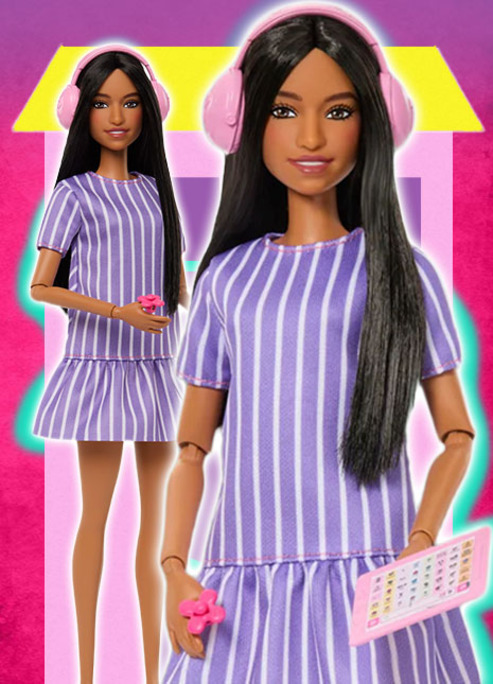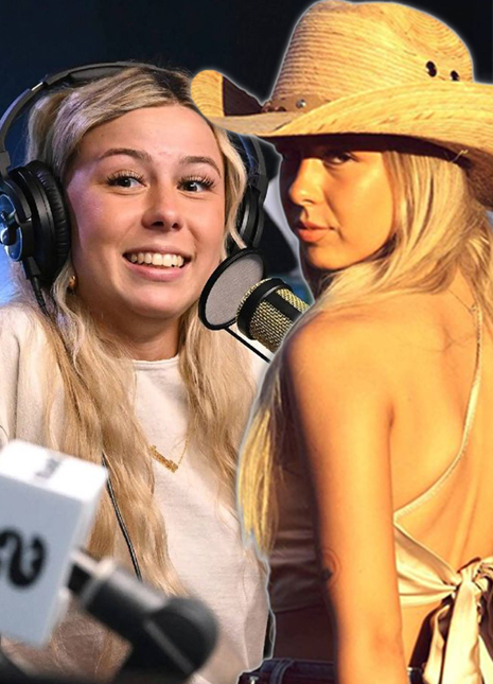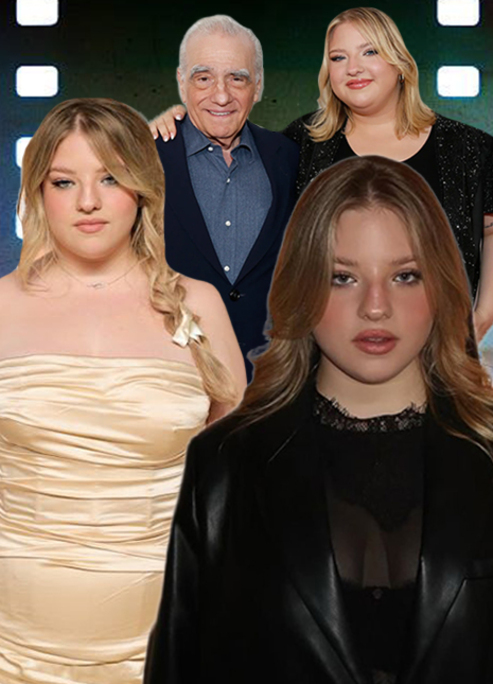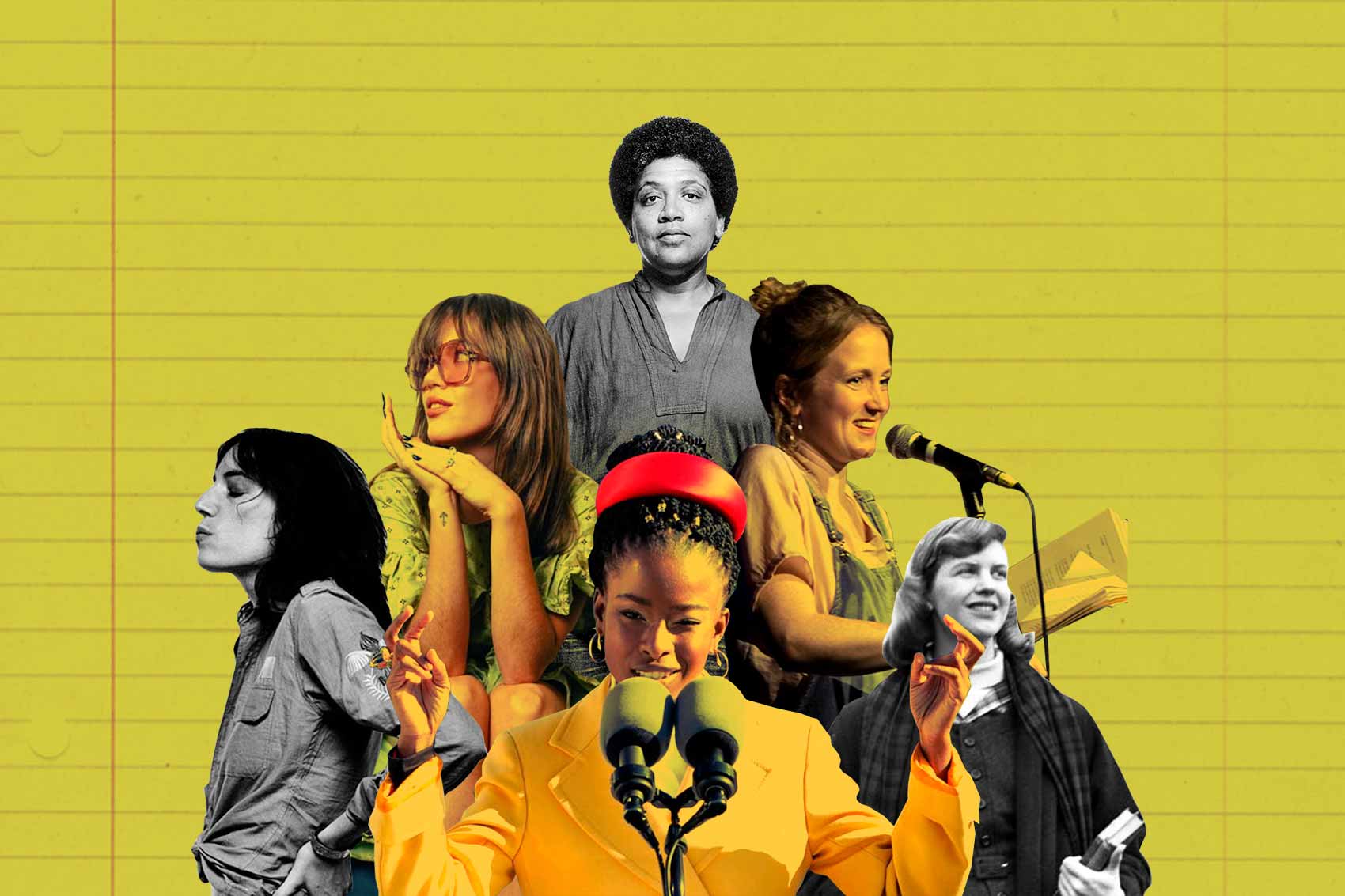
Six Kickass Female Poets To Identify & Reflect With
I'm a bitch, I’m a lover, I’m a poet, I’m a mother.
I am at a loss as to how poetry holds virtually no space in mainstream culture today. As someone who enjoys being in touch with my own emotions, and reflecting on the phenomenal complexity of the human experience, poetry feeds my reflections and absolves my private doubts. If this doesn’t convince you that poetry is worth your while, maybe this will:
‘The best moments in reading are when you come across something - a thought, a feeling, a way of looking at things - that you'd thought special, particular to you. And here it is, set down by someone else, a person you've never met, maybe even someone long dead. And it's as if a hand has come out and taken yours.’ - The History Boys, Alan Bennett, 2006
If you’re at all tempted to give poetry another shot, or have been struggling to find poetry you can identify with, someone in this list is meant for you. A selection of six poets, three new, three old, who defy limitations set upon them, as women.
Charly Cox
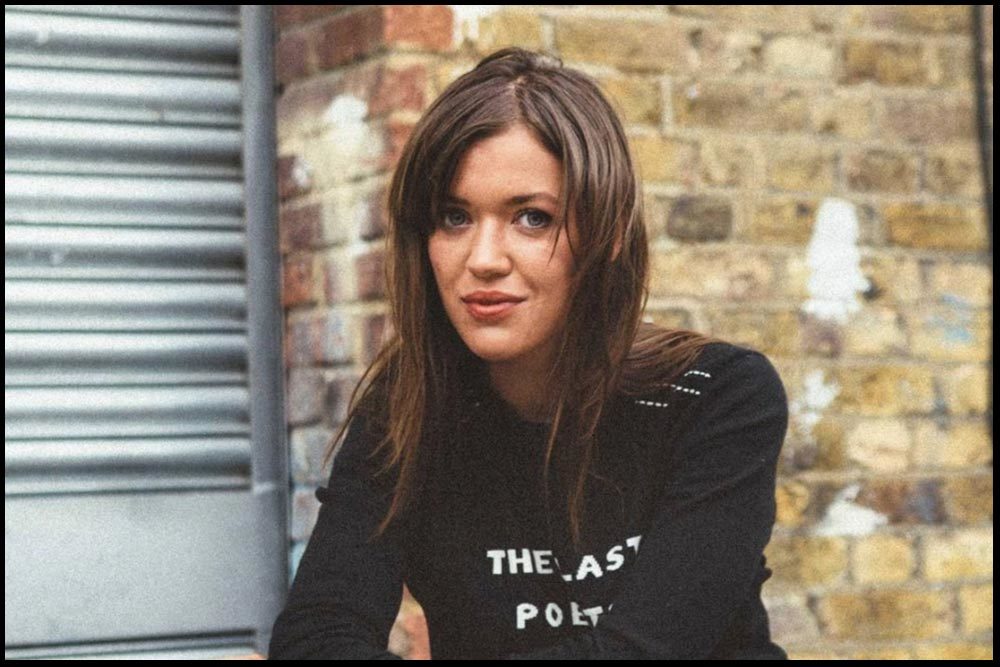
Charly Cox writes with a tone that remarkably combines unfiltered confessionalism with hard-hitting eloquence. Reading her work itches the darker spots of your mind, but also feels like sniffing powdered relief - relief that you are not alone in your wilder, panicked thoughts, not mad for feeling such things too. Or maybe you are mad, but so is Charly (and, as Alice in Wonderland taught us, all the best people are…) Charly, at 25, is a mental health ambassador, and has published two poetry collections, She Must Be Mad (2018), and Validate Me (2019). Both I can’t recommend enough to any reader who has felt both the ecstasies and the heavy burden of having such a great capacity for feeling bestowed upon them.
Wit, thrill, and crushing sadness co-exist in her words, addressing everything from hickeys, serial dating, and Instagram filters, to porn, Whatsapp, and breakdown-inducing dishwasher mishaps. Choose Charly to confront and relieve those inner conflicts, and to feel a holding hand keep you afloat through the terrifying 20s.
Hollie McNish
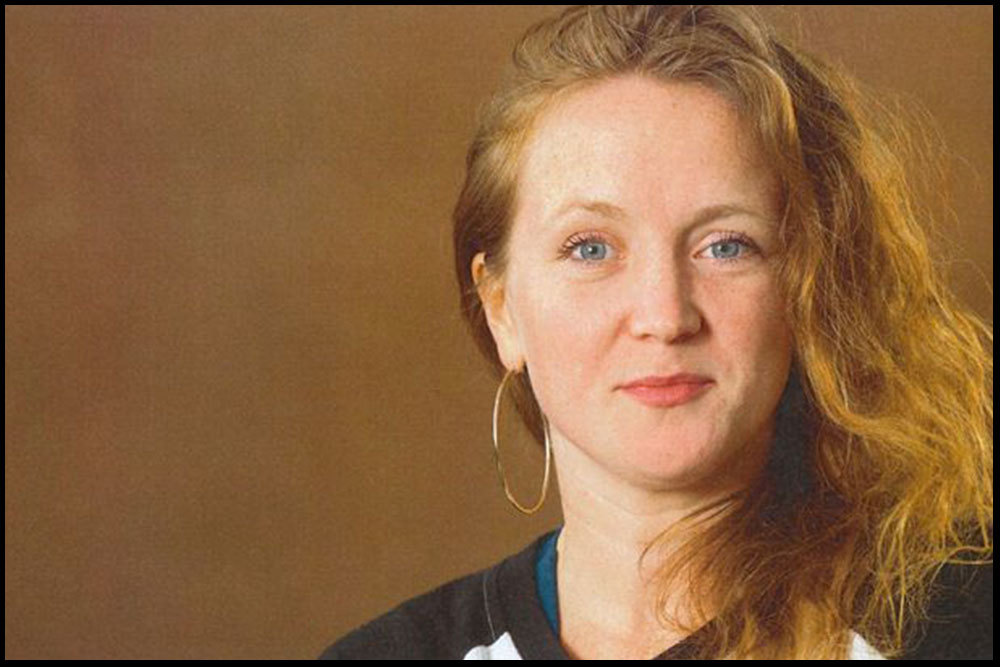
If you are a woman or a parent, Hollie McNish’s poetry is bound to strike a knowing smile upon your face. Her words are not riddled with jargon, as with rhythm and a cause she’ll magnificently disable everyday injustices to women and mothers, that are usually swept under the carpet. Hollie has been in the game a while, with six poetry publications, most recently, Slug…And Other Things I'm Told To Hate (2021). She is the first poet ever to have recorded an album, Versus (2014) at Abbey Road Studios. The first track, Embarrassed, epitomises her progressive, unapologetic voice and acute handling of taboo topics.
To top it off, she hosts live poetry every week on her Instagram, a session named 'One I Wrote, One I Love', where you’ll soon fall for her charming, humble demeanour. Choose Hollie for a down-to-earth, intimate, behind-the-scenes understanding of motherhood, and weekly boosts of self-love.
Amanda Gorman
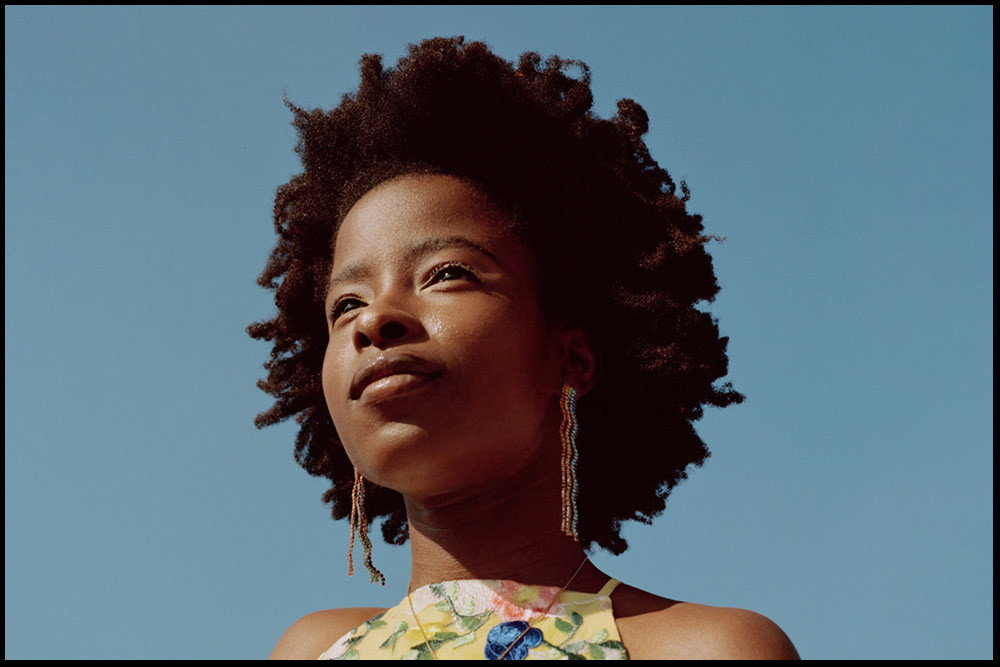
It will have been a pretty impressive feat for you to not have heard of Amanda by now, after her legendary, powerful message of hope at President Biden and Kamala Harris’s inauguration ceremony back in January. ‘The Hill We Climb’ had me crying - I’m not even American, but it struck a hopeful chord of a new chapter for the US and a world post-Trump. She spoke: ’there is always light if only we are brave enough to see it, brave enough to be it’. In an interview with Time, she makes clear her lifelong goal to be president, and the high standards she holds upon everything she writes to be worthy of a presidential speech.
She defines her role as a poet to ‘observe darkness, listen to it and to lead people out of the shade’. At 23, she is America’s first ever National Youth Poet Laureate, and graduated from Harvard last summer. We can expect great things to come. Choose Amanda for faith in a kinder, fairer, and better represented world - she is a force to be reckoned with.
Patti Smith
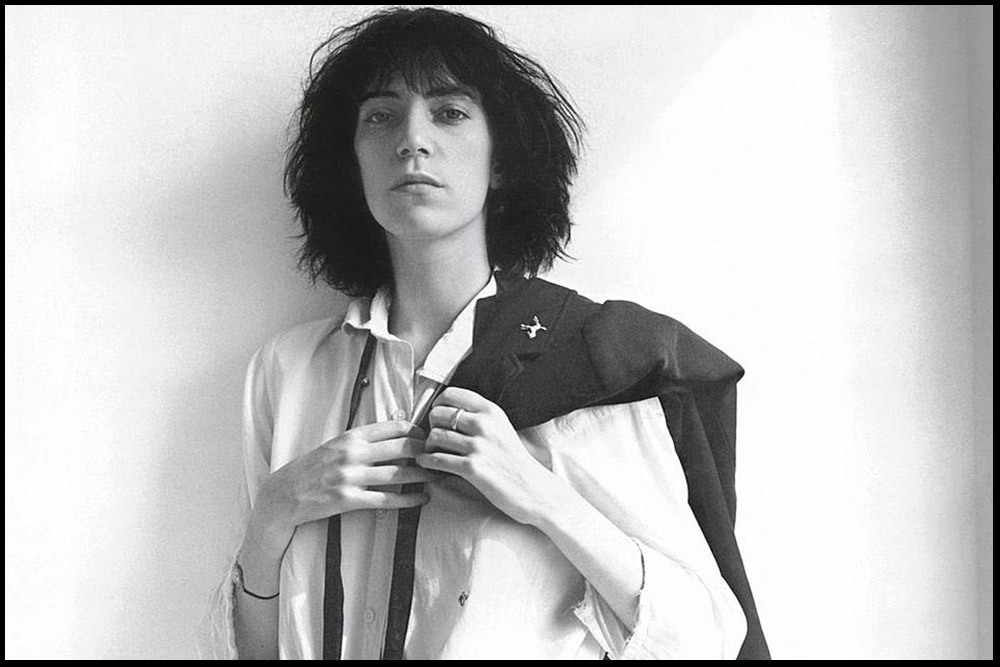
Revered worldwide as the godmother of punk, Patti Smith is an artist, writer and musician, in that order. A literary wizard whose written work chimes to some kind of ethereal beat, Patti is an old soul influenced by all the greats from Bob Dylan to William Blake. If you want Patti Smith fully figured out, then begin with her memoir, Just Kids (2010), where she recounts an unbelievable life, beginning with her and artist Robert Mapplethorpe, finding each other as two homeless kids and growing up as one another’s muses in New York City.
Patti was always dwelling deeply upon art, in the forms of music, literature and handcrafted objects she came across and drew upon these in her work. Choose Patti to exercise your inner artist and intellectual, and question spirituality.
Audre Lorde
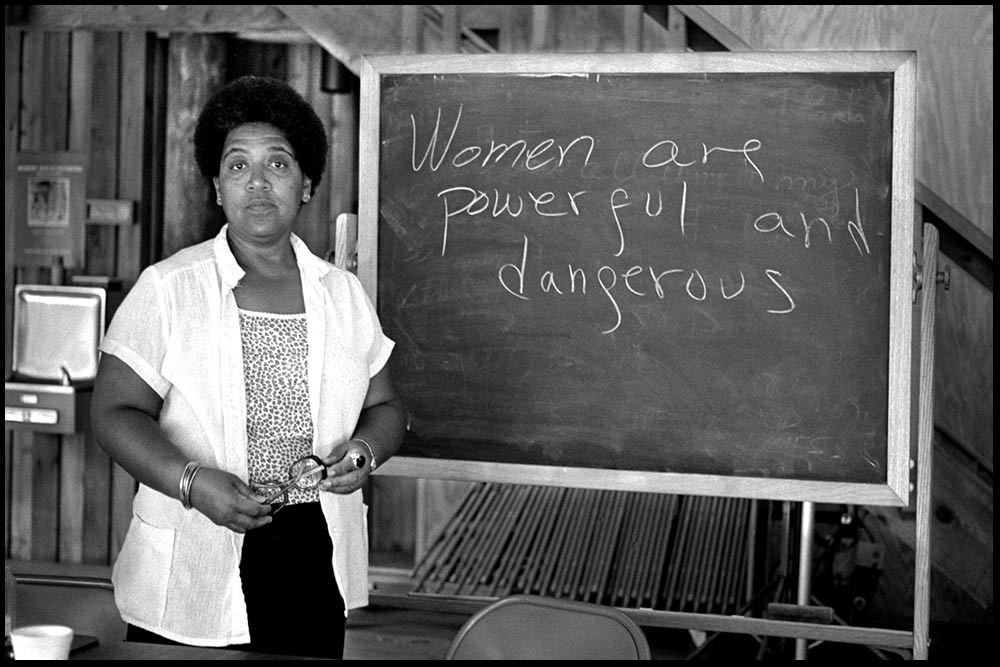
A champion of words and justice, and an early role model for intersectional feminism, Audre Lorde profoundly remarked: ‘I am not free while any woman is unfree, even when her shackles are very different from my own.’ She called herself a ‘black, lesbian, mother, warrior, poet’. As well as these, she was a teacher, essayist, activist, feminist theorist, and lastly, extremely quotable. She has over 17 published works.
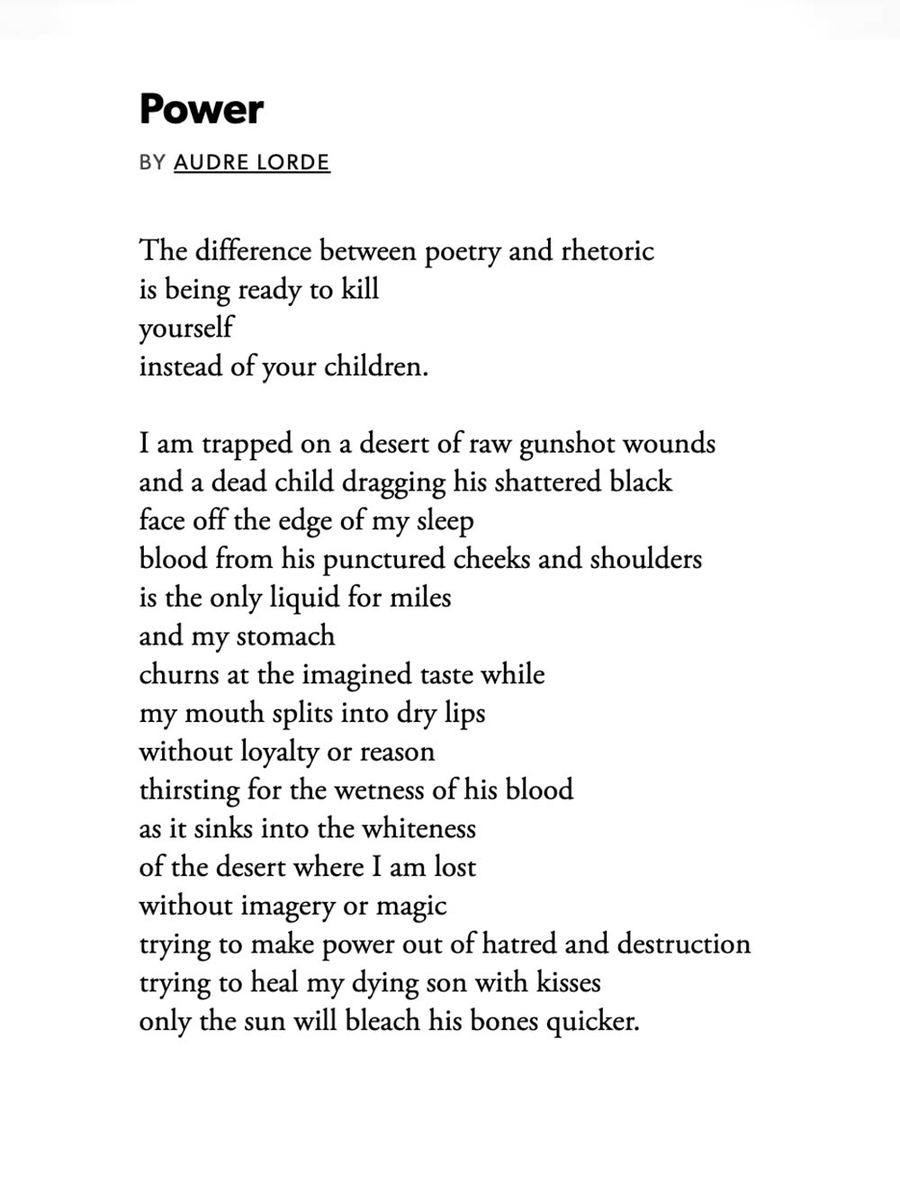
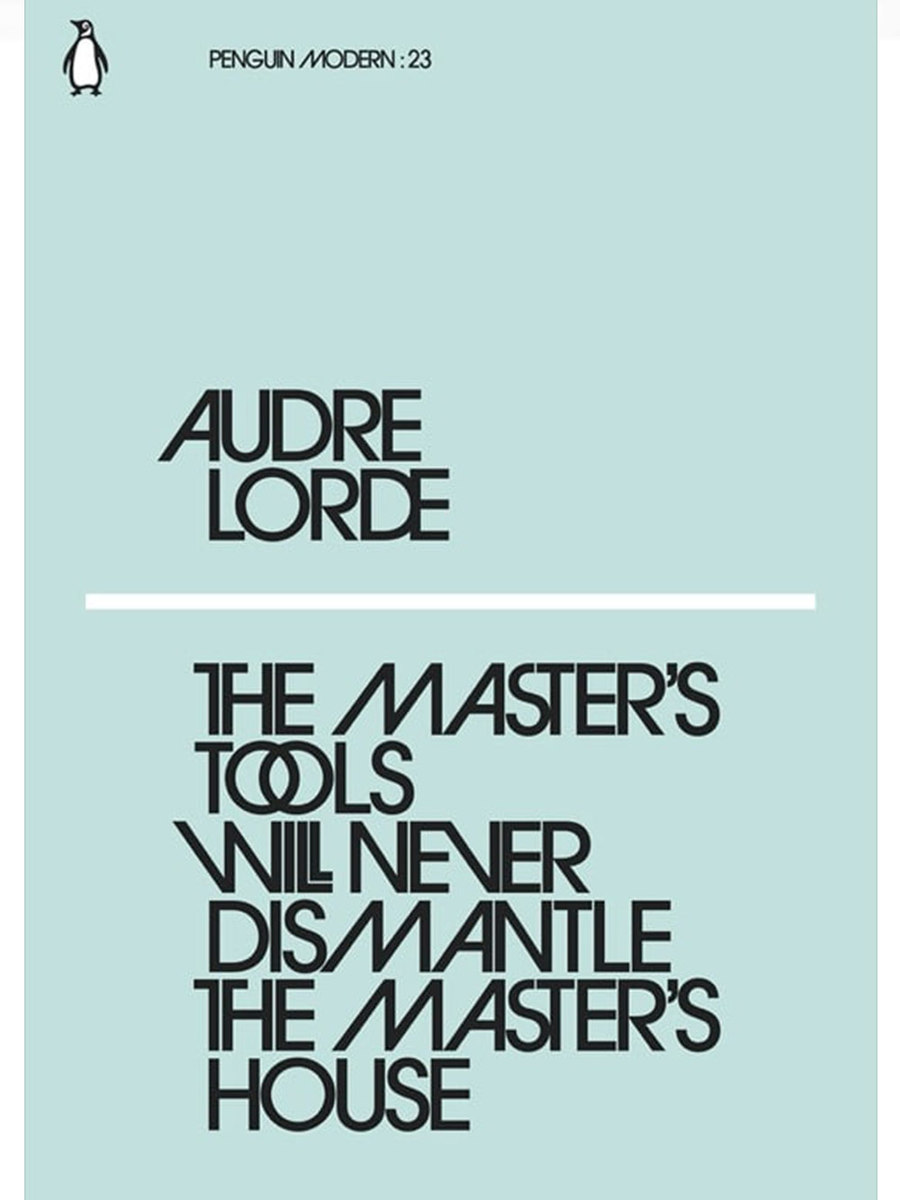
Growing up in New York, Audre quite literally spoke in poetry. Having memorised dozens of poems, she would recite them in conversation to hint at how she was feeling. The violence experienced and seen by Audre is ever-presently reverberating across her verse. Choose Audre for her fierce compassion for the outsider, and to wise up on activist speech.
Sylvia Plath
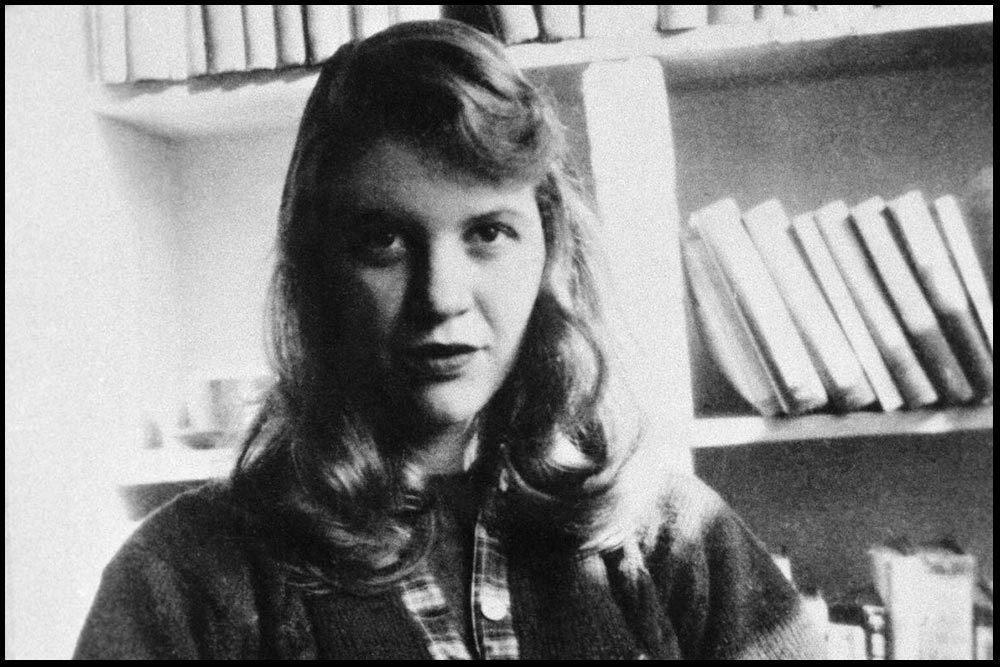
This list had to conclude with the more widely known, but essential, feminist poet, who wrote with words beyond both her time and years, Sylvia Plath. If you breezed past her work on a school worksheet, it’s time to look again. Sylvia suffered severe depression, and as a result her poetry is not for the faint of heart. Her most famous collection, Ariel (1966), published after her death, heart-wrenchingly exhibits both her immense pain and pure, familial love.
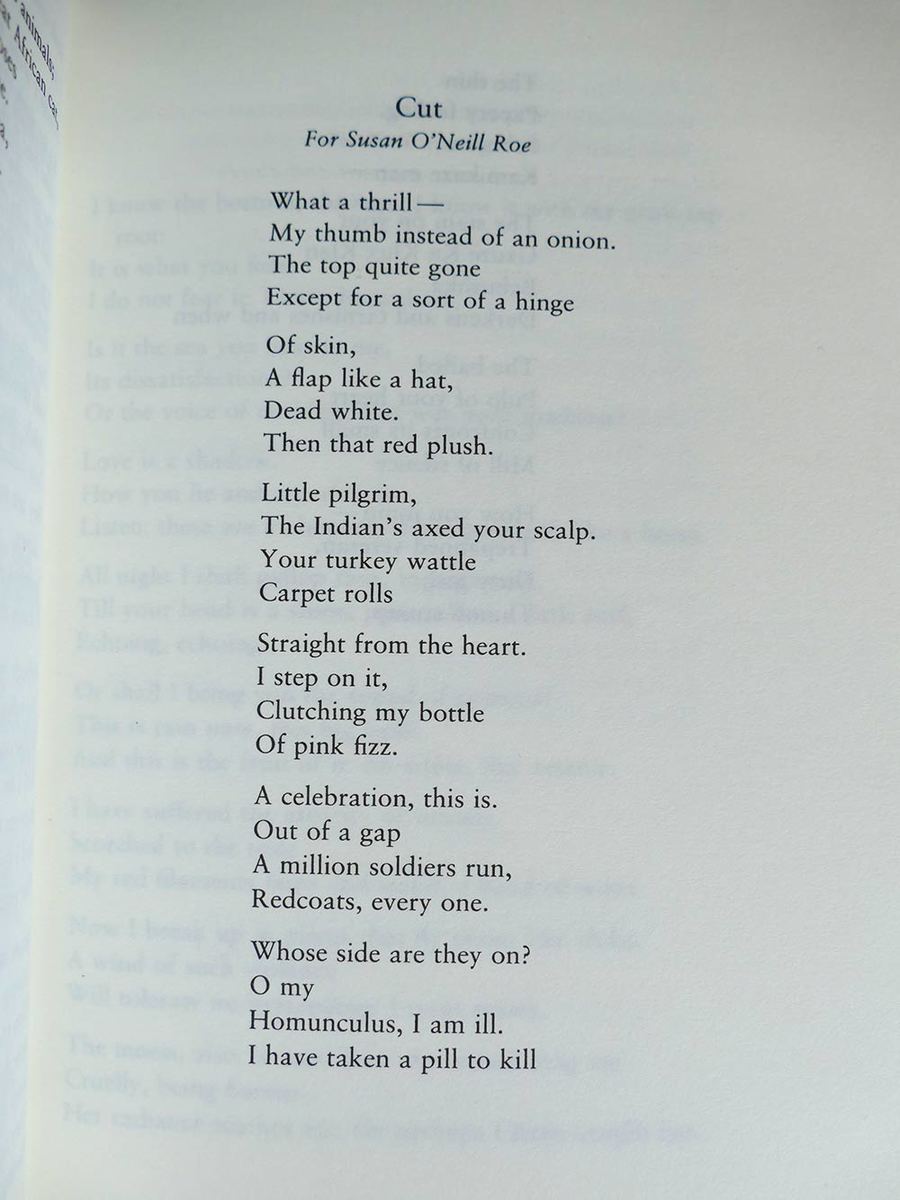
Reading her work is like plummeting into a pool of your most inexplicable, primal emotions, and seeing them for the first time, verbalised and vivid. If you love allegories and metaphors, Plath is your woman.



